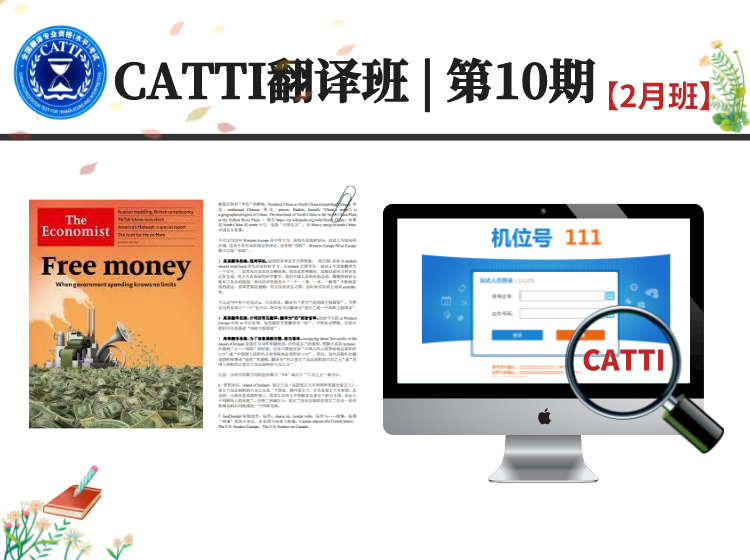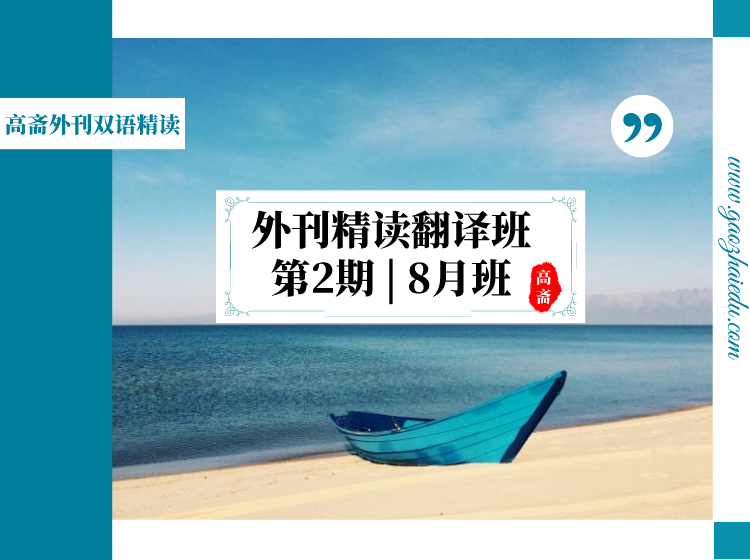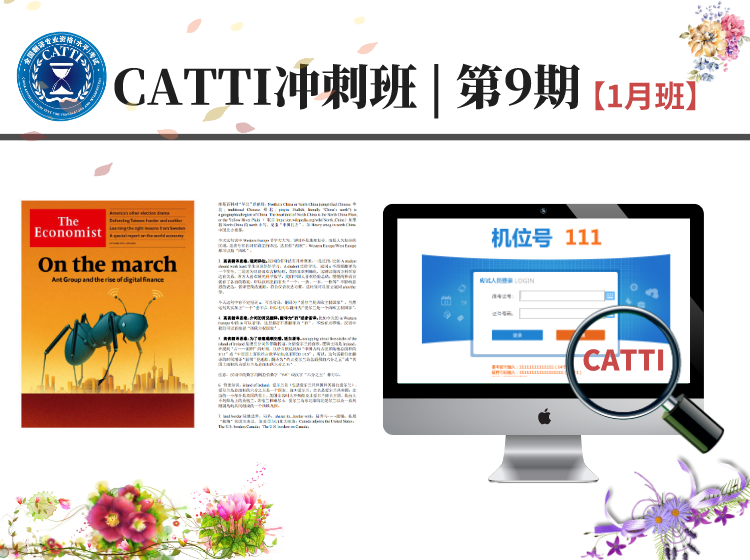2018.10.30纽约时报:精英大学的肮脏小秘密
Liberal Hypocrisy in College Admissions?
精英大学的肮脏小秘密
We progressives hail opportunity, egalitarianism and diversity. Yet here’s our dirty little secret: Some of our most liberal bastions in America rely on a system of inherited privilege that benefits rich whites at the expense of almost everyone else.
我们进步人士崇尚机会、平等主义和多样性。然而,这里是我们的一个肮脏的小秘密:美国一些最自由的堡垒,依赖于一种特权继承制度,它以牺牲几乎所有人的利益为代价,成全富裕的白人。
I’m talking about “legacy preferences” that elite universities give to children of graduates. These universities constitute some of the world’s greatest public goods, but they rig admissions to favor applicants who already have had every privilege in life.
我说的是精英大学的“校友子女偏好”。这些大学被看作是世界上一些最好的公共物品,但它们操纵招生,偏袒那些在生活中已经享有各种特权的申请者。
A lawsuit against Harvard University has put a focus on admissions policies that the plaintiffs argue hurt Asian-American applicants. I disagree with the suit, seeing it as a false flag operation that aims to dismantle affirmative action for black and Latino students.
一起针对哈佛大学的诉讼案将焦点放在了它的招生政策上,原告认为这些政策伤害了亚裔美国申请人的利益。我不认同这起诉讼,认为这是一项假旗行动,目的是废除针对黑人和拉丁裔学生的平权行动。
But the suit has shone a light on a genuine problem: legacy, coupled with preferences for large donors and for faculty children. Most of the best universities in America systematically discriminate in favor of affluent, privileged alumni children. If that isn’t enough to get your kids accepted, donate $5 million to the university, and they’ll get a second look.
但这起官司揭示出一个真正的问题:对校友子女的偏好,以及对大手笔的捐赠者和教职员工子女的照顾。美国绝大多数精英大学为了照顾富裕的、拥有特权的校友子女,对他们系统性地区别对待。如果这还不足以让你的孩子被录取,那就给大学捐个500万美元,这样他们就会重新考虑。
“It’s a hereditary principle at work in an area that should be meritocratic,” observed Richard Reeves of the Brookings Institution, who criticized legacy preferences in his book “Dream Hoarders.” Reeves noted the irony that in Europe and most of the rest of the world, there is no such explicit system of legacy preferences, yet in supposedly egalitarian America it is formal and systematic.
布鲁金斯学会(Brookings Institution)的理查德·里夫斯(Richard Reeves)在他的著作《梦想囤积者》(Dream Hoarders)一书中,对照顾校友子女的做法提出了批评。里夫斯指出,具有讽刺意味的是,在欧洲和世界大部分地区,都没有这样对校友子女赤裸裸的照顾做法,但在所谓人人平等的美国,这一体系却是正式的、成系统的存在。
Isn’t it a bit hypocritical that institutions so associated with liberalism should embrace a hereditary aristocratic structure? Ah, never underestimate the power of self-interest to shape people’s views. As Reeves put it dryly: “American liberalism tends to diminish as the issues get closer to home.”
与自由主义联系如此紧密的机构却欣然接受了一个世袭的贵族体系,这是不是有点虚伪呢?啊,永远不要低估利己之心塑造人们观点的力量。正如里夫斯冷淡地说的那样:“在更接近要害的问题上,美国的自由主义却倾向于减弱。”
I write this as a beneficiary of affirmative action. I was an Oregon farm boy, and Ivy League schools wanted the occasional country bumpkin, so I milked this for all it was worth by writing a college essay about me vaccinating sheep, picking strawberries and competing in the Future Farmers of America.
我是作为平权行动的受益者来写这篇文章的。我曾是俄勒冈州的一名农场男孩,常春藤盟校偶尔想录取乡下的土包子,所以我充分利用了这一点,写了一篇关于我给羊接种疫苗、摘草莓,以及参加美国未来农民(Future Farmers of America)竞赛的申请文书。
Harvard wanted hicks from the sticks, so it chose me to help diversify its freshman class — and then Harvard had a huge impact on me. I’m also proud to have served some years ago on Harvard’s board and to have been a visiting fellow at its Kennedy School of Government.
哈佛想用来自田间的乡巴佬来帮助一届新生多元化,所以选择了我。后来,哈佛对我的人生有巨大的影响。我也为几年前得以在哈佛大学校董会服务,并在肯尼迪政府学院(Kennedy School of Government)做访问学者感到自豪。
There’s disagreement about how much advantage legacy confers. Material submitted in the trial now underway suggests that over a six-year period, 33.6 percent of legacy children were admitted to Harvard, compared with 5.9 percent of nonlegacy applicants.
人们对校友子女能够得到多少好处存在分歧。为目前正在审理的案子提交的材料表明,在一段六年的时间里,申请哈佛的校友子女中有33.6%被录取,而在非校友子女的申请人中,这个比例是5.9%。
Seven years ago, a Harvard doctoral student named Michael Hurwitz used sophisticated statistical techniques and found that having a parent graduate increased the chance of admission at 30 top colleges by 45 percentage points. For example, a candidate who otherwise had a 20 percent shot became a 65 percent prospect with a parent who had graduated from that school.
七年前,哈佛大学一位名叫迈克尔·赫维茨(Michael Hurwitz)的博士生使用复杂的统计方法发现,如果父母之一是美国30所顶尖大学毕业生的话,子女被这些学校录取的机会增加45个百分点。例如,对某所精英大学来说,如果普通申请者的录取率是20%的话,校友子女申请者被录取的概率上升为65%。
Earlier, a 2004 Princeton study estimated that legacy at top schools was worth an additional 160 points on an SAT, out of 1600 points.
此前,据普林斯顿大学2004年的一项研究估计,顶尖大学的校友子女身份相当于给他们的SAT考试成绩加160分(SAT满分是1600)。
Legacy preferences apparently were introduced in America in the early 1900s as a way to keep out Jewish students. To their credit, some American universities, including M.I.T. — not to mention Oxford and Cambridge in Britain — don’t give a legacy preference.
校友子女偏好似乎是20世纪初引入美国的,当时是作为一种把犹太学生拒之门外的方法。值得赞扬的是,包括麻省理工学院在内的一些美国大学——更不用说英国的牛津大学和剑桥大学——没有校友子女偏好。
The top universities say that legacy preferences help create a multigenerational community of alumni, and that’s a legitimate argument. They also note that rewarding donors helps encourage donations that can be used to finance scholarships for needy kids.
这些顶尖大学说,校友子女偏好有助于建立一个多代的校友社区,这是一个合乎情理的理由。它们还指出,奖励捐赠者有助于鼓励捐赠,这些捐赠可以用作资助贫困学生的奖学金。
Yet on balance, I’m troubled that some of America’s greatest institutions grant a transformative opportunity disproportionately to kids already steeped in advantage, from violin lessons to chess tournaments to SAT coaching. On top of that, letting wealthy families pay for extra consideration feels, to use a technical term, yucky.
但总的来说,让我忧虑的是,美国一些最好的教育机构把一种改变人生的机会给了那些已经拥有许多优势(从小提琴课、到国际象棋比赛、再到SAT辅导)的孩子们。在此之上,让富裕家庭为得到额外考虑掏钱,用一个专业术语来说,让人恶心。
Liberals object to the Supreme Court’s Citizens United decision allowing tycoons to buy political influence, so why allow tycoons to buy influence in college admissions?
自由派人士不同意最高法院对“联合公民”(Citizens United)一案做出的允许企业大亨花钱买政治影响的裁决,为什么要允许企业大亨在大学招生上买影响呢?
More broadly, what happened to equal opportunity and meritocracy? They may be ideals rather than reality, but why defend a formal structure of hereditary privilege and monetary advantage in accessing top universities?
更广泛地说,机会均等和英才领导体制上哪去了?它们可能是理想,而不是现实,但为什么要在顶尖大学录取上捍卫一种世袭特权和金钱优势的正规制度呢?
“Legacy preferences give a leg up to applicants who have typically led privileged lives,” said Susan Dynarski, a (Harvard-trained) professor of economics, education and public policy at the University of Michigan. “It’s the polar opposite of affirmative action, which boosts applicants who have faced adversity. It’s unconscionable for a handful of elite colleges to amass enormous tax-advantaged endowments and use them to perpetuate privilege in this way.”
“校友子女偏好为一般来说已经过着优越生活的申请者提供了优势,”(哈佛培养的)密歇根大学(University of Michigan)经济学、教育和公共政策教授苏珊·戴纳斯基(Susan Dynarski)说。“这与平权行动背道而驰,平权行动帮助的是那些面临逆境的申请者。少数精英大学积累了大量在税收上有利的捐赠,并利用它们以这种方式来延续特权,这是违背良心的做法。”
The larger problem is that 38 colleges, including five from the Ivy League, had more students from the top 1 percent than from the bottom 60 percent. Over all, children from the top 1 percent are 77 times more likely to attend Ivy League colleges than children from the bottom 20 percent.
更大的问题是,包括五所常春藤盟校在内的38所大学招收的学生中,来自经济层次顶端1%的人,比来自中低层60%的要多。总的来说,来自顶端1%的孩子上常春藤盟校的可能性是来自底端20%的孩子的77倍。
When family background already matters so much, do America’s best universities really want to put their thumb on the scales to help already privileged children — or allow their families to make a donation that buys a second thumb to press on the scales?
当家庭背景已经很重要的时候,美国最好的大学真要让天平向已经拥有特权的孩子倾斜吗?或者允许他们的家庭通过捐款,买来让天平第二次倾斜的机会?
The student journalists of The Harvard Crimson editorialized: “Legacy preference is, in the simplest terms, wrong. It takes opportunities from those with less and turns them over to those who have more.”
《哈佛深红报》(Harvard Crimson)的学生记者在一篇社论中说:“用最简单的话说,校友子女偏好是错误的做法。这种做法把从拥有更少的人那里拿走的机会,交给那些拥有更多的人。”






